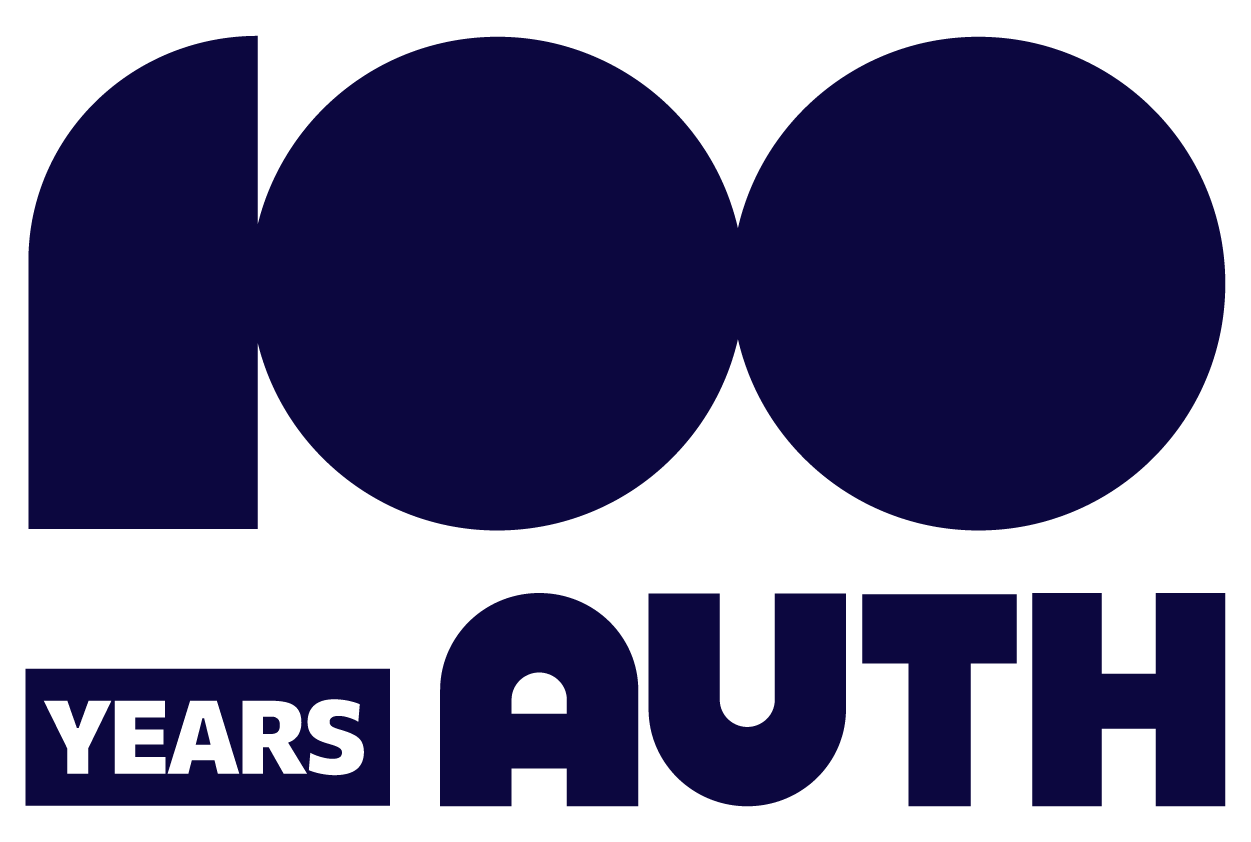
The course examines a popular genre of the 20th and the 21st centuries. It focuses manly on American authors. It studies briefly the origins and development of Anglophone science fiction. Through the critical analysis of selected short stories and novels, the course examines the impact of science and technology on the individual and society, the creation of alternative worlds and socio-political systems, and the conceptualization of new gender relationships. It also explores the question what it means to live in a technologically and scientifically advanced culture (techno-culture). Emphasis will be given on the relationship between machines (robots, androids, cyborgs, artificial intelligence) and human beings and on the ramifications of new disciplines like robotics, cloning, biomedicine, biotechnology and computer science. The course studies the transformation of human subjects into superhumans or posthumans and the technological transformation of the human biological body into a techno-body. The themes change every academic year.
Learning outcomes and competences: •Good understanding of the value of science fiction as a critical medium which which to approach the social changes and problems stemming from the application and consumption of new technologies •Good understanding of the value of science fiction as a forum of ideas and philosophical speculation •Good understanding of the consequences (both positive and negative) of specific scientific and technological developments •Good understanding of dilemmas and the problematics deriving from rapid technological progress •Good understanding of the factors gender, race, class, identity in the formation of a technologically constructed existence. Course textbook and outline/bibliography are available. Assessment: Final examination.